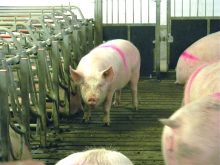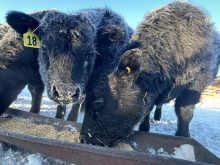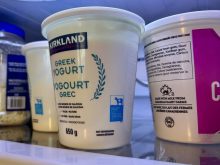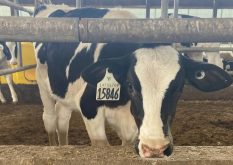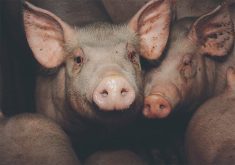Having one sheep auction market instead of many smaller sales makes sense for the province’s growing sheep industry. So says Doug Verstraete, owner of Beaver Hills Auction Services Limited, the only auction market in Western Canada that holds large, regular sheep auctions. There are other large sheep sales, but they are seasonal events. Beaver Hills Auction holds sheep sales every second Monday from January to August 1, and every Monday (except long weekends) from August until Christmas.
Verstraete and his wife Karin built the facility in 2001 and began holding auctions in 2004. Verstraete started off auctioning cattle, sheep and horses until 2009, when he dropped cattle sales to focus on sheep.
Read Also
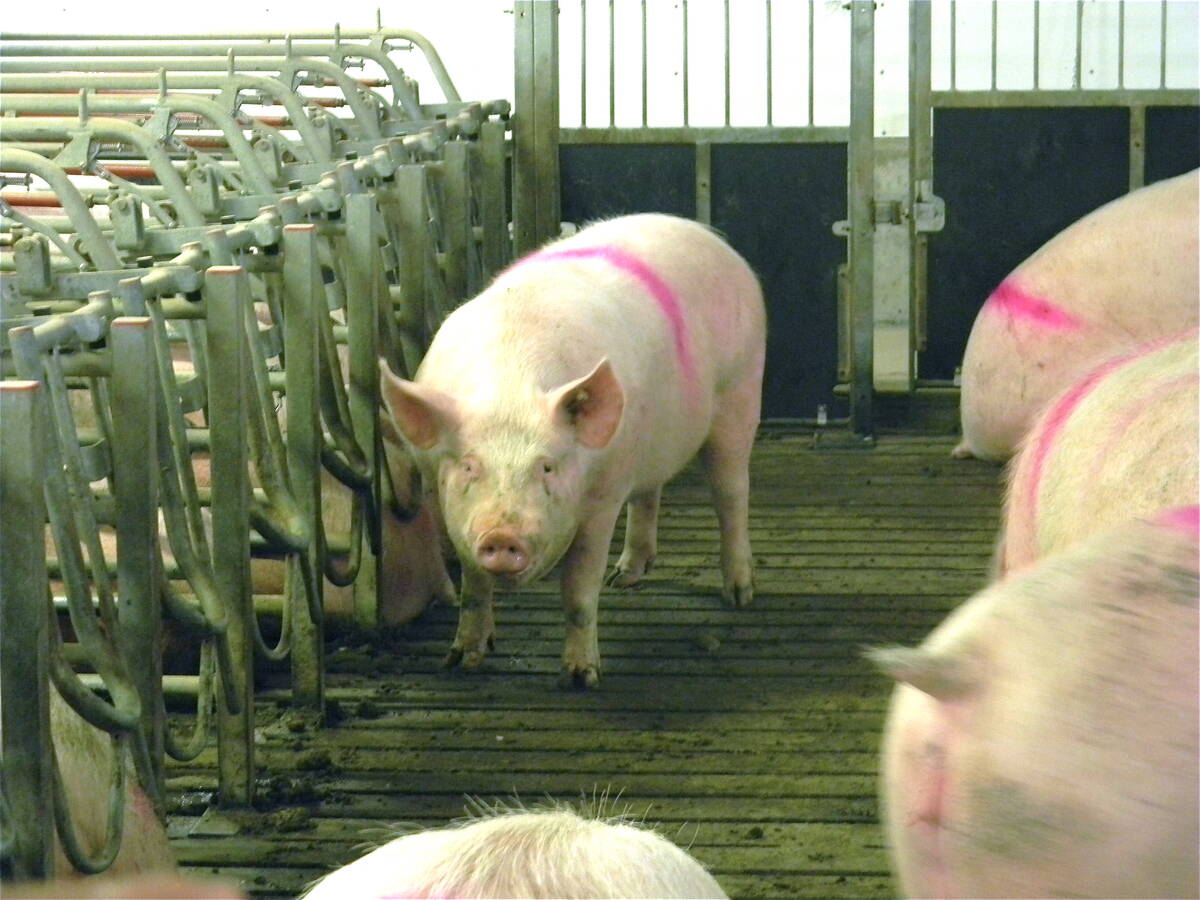
PRRS: The $1.4B ‘mystery’ still haunting hog farmers
For 30 years, this highly mutative virus has devastated the pork industry, outsmarting vaccines and requiring extreme biosecurity to control.
“At that time, there were a few small sheep sales scattered throughout the country and we thought there were enough local sheep raised around here so we could get into that market,” he said.
There are only a few large buyers in the sheep industry, so small sales throughout Western Canada didn’t make a lot of sense, and didn’t bring in a lot of profits for anyone because of the economics of scale. Serious buyers used to travel longer distances, and wouldn’t always make all the small sales, which made a difference on prices.
“It made sense to have one larger sale that meets the needs of all the buyers,” said Verstraete. He said this specialization means producers may have to haul their sheep longer distances to Tofield, but they can make up for it with improved prices.
Verstraete sees producers and buyers from British Columbia, Alberta and Saskatchewan. All the major buyers attend the Beaver Hills Auction, so bidding can become very competitive.
“It’s a small industry so there are only six or seven buyers who buy any volume. There are always producers buying some breeding stock and hobbyists that come and buy for their grass in the summer,” he said.
Verstraete sells close to 40,000 head of sheep a year, and averages about 1,000 head in his weekly fall sales. He specializes in selling to the more serious sheep producer with between 300 to 500 ewes, but sales are also attended by hobbyists.
Sales are divided into “wool sheep” and “hair sheep.” Hair sheep include breeds such as Barbados, which grow a coat that is more like hair than wool. These sheep don’t have to be shorn, but they aren’t as aggressive in a feedlot situation, which makes them less economical for a serious producer. Most larger producers specialize in Suffolk/ Dorset crosses.
Verstraete said that even though sheep sales are going well, the overall sheep numbers in the world seem to be going down.
“We’re had quite a few dispersals and most of them were from older farmers,” he said. “Some of them were from very large, good producers who are simply getting up there in age.”
Ethnic populations, who regularly consume sheep, are growing in Western Canada, pushing the demand for sheep meat. Numbers have gone down for the last four or five years, but prices have gone up for the past couple of years, said Verstraete. He believes that the trend will continue.
“We sold some bred ewes for top dollar in January and February,” he said. When the sheep market is good, it can be very attractive to producers, because they can grow a flock of sheep more rapidly than a herd of cattle. “With sheep, you can flip overnight. When producers see money in sheep, they can flip into it and grow a flock in a year and a half,” he said.
———
“Itmadesensetohaveonelargersalethatmeetstheneedsofallthebuyers.”
Doug Verstraete



